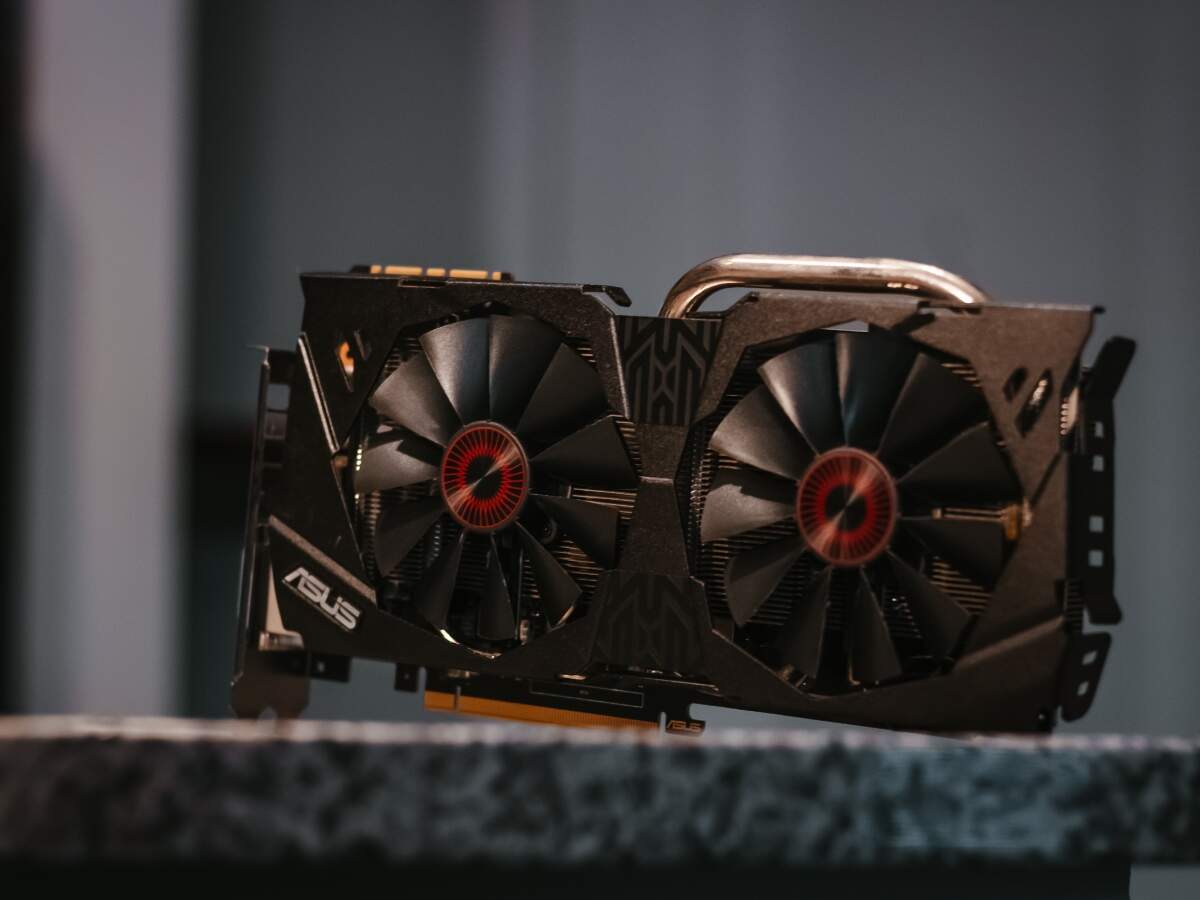Nuclear Talks: US And Iran Remain Divided After Latest Discussions

Table of Contents
Key Issues Fueling the Impasse
Several critical issues continue to hinder a resolution in the Iran nuclear negotiations. These long-standing disagreements represent major obstacles to reaching a comprehensive agreement. The core problems revolve around the following:
-
Sanctions Relief for Iran: Iran demands a comprehensive lifting of US sanctions, arguing they are crippling its economy and preventing its participation in international trade. The US, however, wants to ensure that sanctions relief is tied to verifiable limits on Iran's nuclear program. This fundamental disagreement forms a core part of the stalemate.
-
Iran's Uranium Enrichment Levels: The level of uranium enrichment Iran is permitted is a key point of contention. The US and its allies are concerned that higher enrichment levels bring Iran closer to the capability of producing nuclear weapons. Iran maintains its enrichment activities are for peaceful purposes. This issue requires careful monitoring and stringent verification mechanisms.
-
International Atomic Energy Agency (IAEA) Inspections: The scope and extent of IAEA inspections of Iranian nuclear facilities is another contentious issue. Iran wants to limit the scope of inspections, while the US and its allies insist on robust and unfettered access to verify Iran's compliance. Transparency and accountability are paramount here.
-
The Scope of Iran's Nuclear Program: The overall size and nature of Iran's nuclear program remain a point of contention. The US seeks limits on the program's capacity, while Iran argues for the right to pursue peaceful nuclear technology. This requires a delicate balance between security concerns and Iran's legitimate energy needs.
-
Guarantees against Future US Action: Iran demands guarantees that future US administrations will not renege on any agreement. The US, while willing to commit, faces internal political challenges in providing ironclad assurances that span multiple administrations.
US Perspective on the Negotiations
The US maintains significant concerns about Iran's nuclear ambitions and its regional influence. The US position emphasizes verifiable limitations and robust verification mechanisms to prevent Iran from developing nuclear weapons. Key aspects of the US perspective include:
-
Demand for Verifiable Limits on Iran's Nuclear Program: The US insists on strict limits on Iran's uranium enrichment capacity and stockpile, coupled with rigorous monitoring to prevent any clandestine nuclear activities. This is vital for ensuring the peaceful nature of Iran's program.
-
Concerns about Iran's Ballistic Missile Program: The US expresses deep concern over Iran's development of ballistic missiles capable of delivering nuclear warheads, viewing it as a destabilizing factor in the region. This is a key element outside the scope of the nuclear deal but still relevant to overall security concerns.
-
US Support for Regional Allies Worried by Iran's Actions: The US stands by its regional allies who fear Iran's destabilizing actions and its support for proxy groups. This broader geopolitical context significantly influences the US approach to the negotiations.
-
Emphasis on Strong Verification Mechanisms: The US insists on a strong verification regime, including unfettered access to Iranian nuclear facilities by the IAEA, to ensure full transparency and compliance with any agreement.
Iran's Stance and Demands
Iran maintains that its nuclear program is entirely for peaceful purposes and that sanctions imposed by the US are unjust and intended to cripple its economy. Their counterarguments directly challenge the US's concerns. Key components of Iran's position include:
-
Demand for Complete Removal of Sanctions: Iran insists on the complete lifting of all US sanctions before it will fully comply with any limitations on its nuclear program. This is seen as a precondition for meaningful engagement.
-
Assertion of the Right to Peaceful Nuclear Technology: Iran asserts its right to develop and utilize nuclear technology for peaceful purposes, such as energy generation, emphasizing this as a legitimate national goal.
-
Accusations of US Bad Faith in Previous Agreements: Iran cites the US withdrawal from the JCPOA under the Trump administration as evidence of US bad faith, making trust a major obstacle.
-
Emphasis on the Need for Security Guarantees: Iran demands security guarantees to protect itself against potential future US aggression, emphasizing the need for long-term stability and assurances.
International Community's Involvement and Concerns
The international community, including the EU, China, and Russia, plays a significant role in the negotiations, although their level of influence varies. Their concerns about a failure to reach an agreement are considerable:
-
EU's Mediation Efforts: The European Union has been actively involved in mediating the talks, seeking to bridge the gap between the US and Iran. Their role remains crucial in facilitating communication and compromise.
-
China and Russia's Positions: China and Russia have expressed support for a diplomatic resolution, but their positions often align more closely with Iran's interests than those of the US and its allies.
-
International Community's Concerns about Nuclear Proliferation: The international community is deeply concerned about the implications of nuclear proliferation in the Middle East, highlighting the importance of preventing Iran from developing nuclear weapons capabilities.
-
Impact on Regional Stability: A failure to reach an agreement could lead to heightened tensions in the Middle East, with potentially disastrous consequences for regional stability.
Possible Scenarios and Future Outlook
Several potential outcomes remain plausible. These include a successful agreement, a prolonged stalemate, or a complete breakdown of negotiations. Each scenario presents significant ramifications:
-
Potential for Renewed Escalation: A failure to reach an agreement could lead to renewed military escalation or further economic sanctions, increasing regional instability.
-
Impact on Global Energy Markets: Any disruption to Iran's oil production and exports would have a significant impact on global energy markets, potentially leading to price volatility.
-
Implications for Regional Security: The outcome of the negotiations will profoundly impact regional security dynamics in the Middle East, influencing the balance of power and the level of conflict.
-
The Likelihood of Further Diplomatic Efforts: Despite the current impasse, further diplomatic efforts are likely to continue, though their success remains uncertain.
The Future of Nuclear Talks: Uncertainty Remains
The main points of disagreement between the US and Iran remain substantial. Recent discussions have failed to produce meaningful progress, leaving the future of the Iran nuclear deal shrouded in uncertainty. The lack of a breakthrough highlights the complexity of these negotiations and the deep-seated mistrust between the two nations. To stay informed about the evolving situation and follow further developments in the US-Iran nuclear talks, search for updates using keywords like "Iran nuclear deal updates," "latest nuclear negotiations," and "US Iran nuclear talks progress." Stay informed – the future of this critical issue remains uncertain.

Featured Posts
-
 Red Sox Injury Report Latest On Crawford Bello Abreu And Rafaela
Apr 28, 2025
Red Sox Injury Report Latest On Crawford Bello Abreu And Rafaela
Apr 28, 2025 -
 Red Sox Vs Blue Jays Full Lineups Buehler On The Mound Outfielder Returns
Apr 28, 2025
Red Sox Vs Blue Jays Full Lineups Buehler On The Mound Outfielder Returns
Apr 28, 2025 -
 Yankees 2000 Season A Diary Entry Royals Game Recap
Apr 28, 2025
Yankees 2000 Season A Diary Entry Royals Game Recap
Apr 28, 2025 -
 2000 Yankees Diary A Game Recap Of The Victory Against The Royals
Apr 28, 2025
2000 Yankees Diary A Game Recap Of The Victory Against The Royals
Apr 28, 2025 -
 Why Are Gpu Prices Skyrocketing Again
Apr 28, 2025
Why Are Gpu Prices Skyrocketing Again
Apr 28, 2025
Latest Posts
-
 Richard Jefferson Promoted By Espn Nba Finals Assignment Still Pending
Apr 28, 2025
Richard Jefferson Promoted By Espn Nba Finals Assignment Still Pending
Apr 28, 2025 -
 Nba Finals Coverage Richard Jeffersons Espn Promotion And Future Role
Apr 28, 2025
Nba Finals Coverage Richard Jeffersons Espn Promotion And Future Role
Apr 28, 2025 -
 Richard Jeffersons New Espn Role Uncertainty Surrounds Nba Finals Coverage
Apr 28, 2025
Richard Jeffersons New Espn Role Uncertainty Surrounds Nba Finals Coverage
Apr 28, 2025 -
 Espn Promotes Richard Jefferson Will He Be At The Nba Finals
Apr 28, 2025
Espn Promotes Richard Jefferson Will He Be At The Nba Finals
Apr 28, 2025 -
 Richard Jeffersons Espn Promotion Nba Finals Role Remains Uncertain
Apr 28, 2025
Richard Jeffersons Espn Promotion Nba Finals Role Remains Uncertain
Apr 28, 2025
